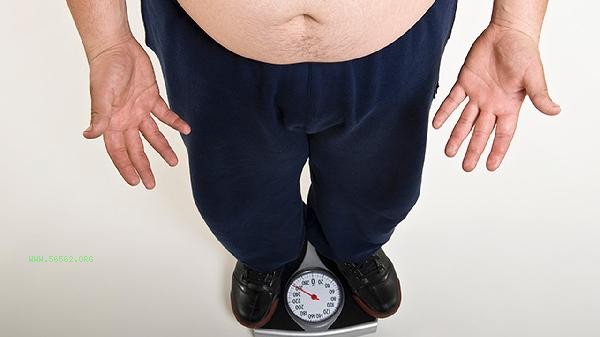During weight loss, it is recommended to consume bananas on an empty stomach in moderation, but adjustments should be made based on personal constitution and blood sugar levels. Bananas are rich in potassium and dietary fiber, which can quickly replenish energy, but their high glycemic index may affect some populations.

1. Blood sugar effect:
The glycemic index of bananas is about 52 at a moderate level, and consuming them on an empty stomach may cause blood sugar fluctuations. People with diabetes or insulin resistance should be cautious. It is suggested to use protein such as eggs to delay sugar absorption. It is usually not harmful for healthy individuals to occasionally consume about 100 grams of small and medium-sized bananas on an empty stomach.
2. Nutritional composition:
Bananas contain 22 grams of carbohydrates and 2.6 grams of dietary fiber per 100 grams, and their natural sugars can quickly alleviate hunger. Magnesium can help alleviate muscle spasms after exercise, while vitamin B6 can promote metabolism and is suitable as a dietary supplement before morning exercise.
3. Digestive burden: Immature green bananas contain more resistant starch, which may cause bloating. The pectin and dietary fiber of mature bananas can promote intestinal peristalsis, but those with excessive stomach acid may experience acid reflux when consumed on an empty stomach. It is recommended to pair with alkaline foods such as oatmeal.

4. Calorie control:
A single banana contains about 90-120 calories, accounting for about 5% of the daily calorie demand of adults. During the weight loss period, bananas can be used as an extra meal to replace high sugar snacks, but it should be included in the total daily carbohydrates to avoid excessive intake with refined rice and noodles.
5. Timing of consumption:
Eating on an empty stomach in the morning is suitable for people who need to quickly replenish energy. Consuming it within 30 minutes after exercise can promote glycogen recovery. When metabolism slows down at night, it is not recommended to consume it alone. It can be paired with sugar free yogurt to form a protein carbohydrate complex nutrition. For weight loss enthusiasts who need strict sugar control, low sugar fruits such as apples and pears can be chosen as substitutes. It is recommended to pair bananas with 10 grams of nuts or 100 milliliters of sugar free dairy products to prolong satiety and balance nutrition. Those with basic diseases such as gastric ulcer or diabetes should consult a nutritionist to develop a personalized plan. Daily records of blood sugar reactions and satiety after consumption can be used to find the most suitable way to consume fruits based on one's metabolic characteristics. Maintaining a daily fruit intake within the range of 200-350 grams, combined with whole grains and high-quality protein, is essential for achieving scientific weight loss.





Comments (0)
Leave a Comment
No comments yet
Be the first to share your thoughts!